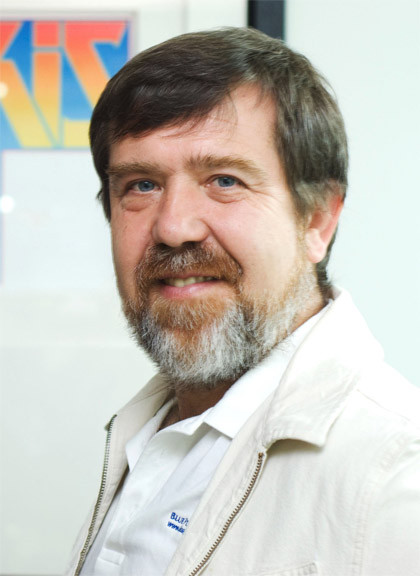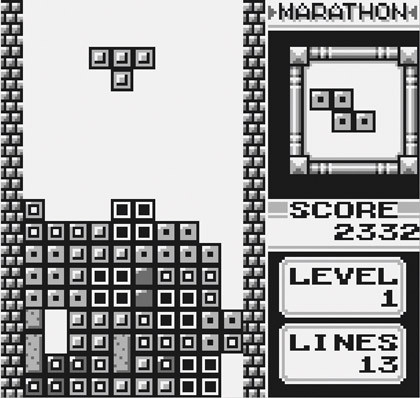Four legends who changed gaming
John Carmack, Alexey Pajitnov, Sid Meier and Nolan Bushnell interviewed

The creator of Tetris, Alexey Pajitnov came up with the first version on an Electronica 60 in 1984, while working for the Computer Centre of the Moscow Academy of Sciences. The game went on to be translated into over 50 languages, played on over 30 platforms and is still accessed over one million times a day via Tetris Friends Online Games.
Intertwined with the history of the Cold War, it's an impressive legacy that looks to keep on going for as long as we have access to devices that can play it. Not a bad thing, since Pajitnov didn't start profiting from his creation until 1996 when he moved to the States.
Tamsin Oxford: How does it feel to be considered a gaming legend?
Alexey Pajitnov: I was pleased for the first ten years, now I don't feel so strongly about it (laughs).
TO: How do you feel about the phenomenal success that is Tetris?
AP: Well, when I played my game for the first time I realised that it was a very good and very addictive game, but I had no idea it would be that big.
TO: Tetris is exceptional for many reasons, what inspired you to create this game?
Sign up for breaking news, reviews, opinion, top tech deals, and more.
AP: I was addicted to puzzles, riddles and board games all of my life. The idea of Tetris came to me when I worked on the computer version of the traditional puzzle called Pentomino.
TO: Can you tell me one thing about those first days of Tetris that's like a snapshot of the time for you?
AP: I do remember the great happiness of the "Aha!" moment when I got the idea to take the full lines of blocks out of the playing field…
TO: What made you choose that particular song for Tetris?
AP: It's a good song, it's an old Russian folk song that was very popular in Russia before Tetris.
TO: Do you think that the next Tetris might be around the corner?
AP: I think there were many really good Tetris games already during the past 25 years; at least I enjoyed many of them.

TO: What do you see as the future of gaming?
AP: I hope the next decade will be the time of the special hardware for games as well as intensive use of Artificial Intelligence.